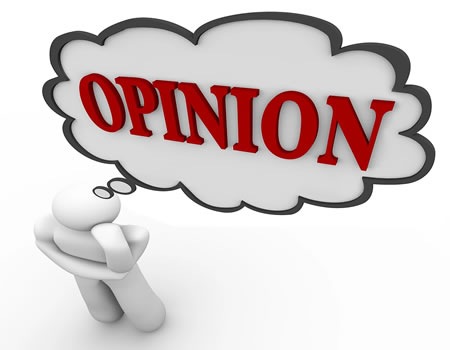Naturally, Nigerians ought to be basking in the euphoria of achieving a milestone in their current democratic journey which has spanned 24 years and still counting. This sense of joy is further accentuated by the fact that, for the first time, the country has ensured that the principles of democratic order are being firmly planted and that efforts must be geared towards guiding and guarding democratic practices jealously by all patriots. The need to safeguard democratic tenets and practices by Nigerians should be promoted to national discourse in view of past experiences which had exerted so many tolls on human and capital resources of the country. Therefore, it is incumbent on all of us to ensure that all manifest or hidden threats that are capable of derailing this noble objective of enthroning the right democratic practices must be deemed as acts of sabotage and subversion of our collective aspiration for progress and development. Recent developments in the country should elicit some sort of concern in the light of what the consequences portend for Nigeria going forward. To be more concise and explicit, it must be noted that the country is gradually losing its gravitas as the breeding ground for quality and competent personnel whose past judiciary interventions in disputes are top notch.
This latest negative fad in the judicial arm of government if condoned and left unchecked has the tendency to obliterate the democratic gains that have been made in the last 24 years or thereabout. We refer to the rising tendency for when the judiciary no longer commands the awe and respect it used to command. No longer the situation where justice in the hallowed chamber is done and is seen to have been done as Nigerians now have manifest misgivings for the outcome of judicial disputations. Owing to the quality of judgments being churned out in recent times, especially those relating to electoral disputes, all well-meaning stakeholders should be concerned as these outcomes are gradually becoming less brilliant and logical. Unlike in the past when justice was dispensed and Nigerians accepted the end of such judicial adjudication, justice these days is now based technically and not based on evidence presented by litigants. Simply put, we are gradually sliding towards mob rule where people will eventually resort to self-help rather than go to court. Examples of this can be seen in two scenarios that played out in two states where political gladiators have been angling for the governorship of the two entities.
The states under reference are Kano and Lagos states where the Court of Appeal made two conflicting statements on the same issue. In Lagos, the appellate court held that a candidate of another party cannot challenge the eligibility or otherwise of a candidate of another party, describing such litigants as ‘meddlesome interloper’. In Kano, however, the same court upheld the prayers of a candidate of the ruling All Progressives Congress (APC) who lost out at the ballot challenging the eligibility of the sitting governor who is not a member of the ‘President’s Party.’ These and other too numerous to mentioned judgments have set tongue wagging in the public sphere suggesting that the country might be sliding towards mob rule because of increasing less confidence in the judiciary to right societal wrongs.

This is a clarion call on all well-meaning Nigerians to come together to retrieve the lost glory of the judiciary in the country to prevent looming catastrophe that likely mob rule would predicate.
- Adeyemi writes in from Abuja
READ ALSO FROM NIGERIAN TRIBUNE







